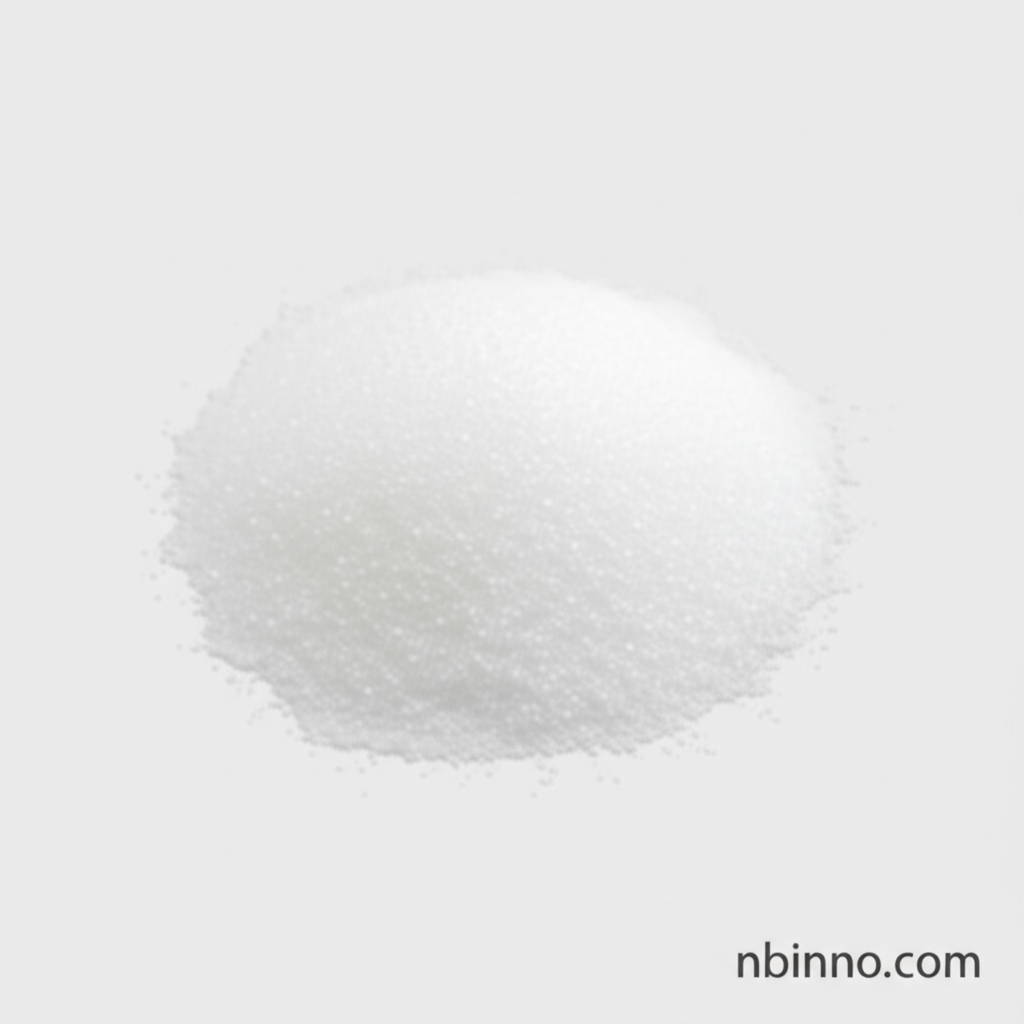High Purity 4-Methylphenyl Isocyanate (CAS 622-58-2): Synthesis, Applications, and Properties
Discover the key chemical intermediate, 4-Methylphenyl Isocyanate, crucial for your synthesis and pharmaceutical needs.
Get a Quote & SampleProduct Core Value

4-Methylphenyl Isocyanate
4-Methylphenyl Isocyanate, also known by its CAS number 622-58-2, is a vital chemical intermediate. With a high purity of 97% minimum, it serves as an essential building block in various chemical synthesis processes, particularly within the pharmaceutical industry. Its properties make it a valuable raw material for creating complex organic molecules.
- Leverage our understanding of isocyanate raw materials to enhance your product development.
- Explore the synthesis pathways of 4-Methylphenyl Isocyanate for efficient chemical reactions.
- Understand the critical role of chemical intermediates for pharmaceuticals in drug discovery.
- Inquire about the physical properties of compound C8H7NO to ensure optimal usage in your applications.
Benefits of Using 4-Methylphenyl Isocyanate
Reliable Synthesis Intermediate
As a key chemical intermediate, 4-Methylphenyl Isocyanate offers consistent quality for demanding synthesis applications, supporting your research and production goals.
Pharmaceutical Grade Purity
With a purity of 97% minimum, this compound is suitable for use in pharmaceutical raw material synthesis, adhering to stringent industry standards.
Versatile Chemical Building Block
Its molecular structure makes it a versatile building block for creating a wide range of organic compounds, facilitating innovation in chemical research.
Key Applications
Organic Synthesis
Utilize 4-Methylphenyl Isocyanate in various organic synthesis reactions to create specialized chemical compounds and intermediates.
Pharmaceutical Intermediates
Its role as a pharmaceutical raw material makes it indispensable for the production of active pharmaceutical ingredients and drug candidates.
Specialty Chemicals
Explore its potential in the development of specialty chemicals for diverse industrial applications requiring specific chemical properties.
Material Science
Investigate its use in material science for developing new polymers or functional materials, driven by a demand for advanced chemical solutions.
